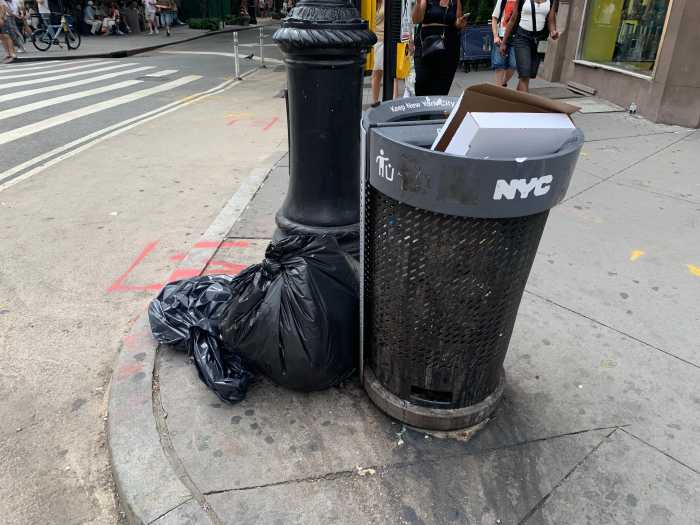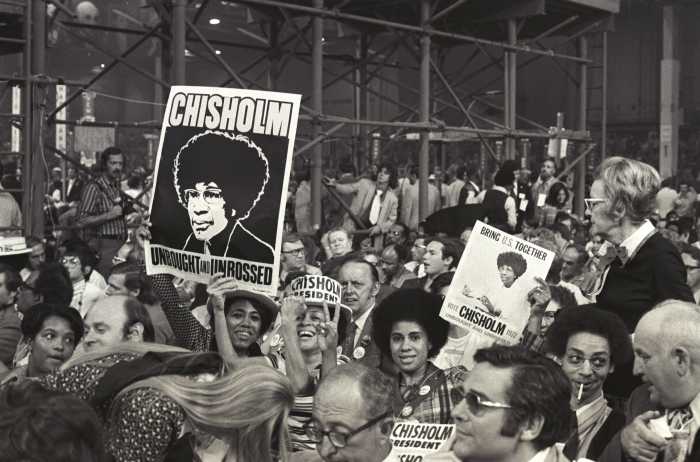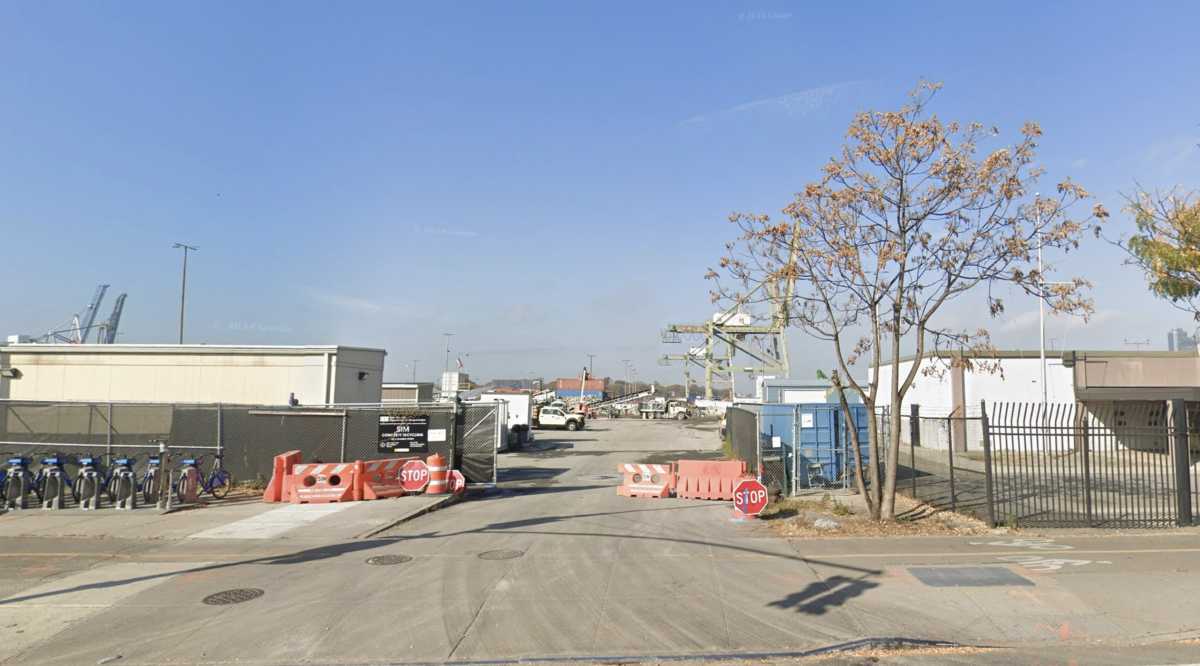On Tuesday afternoon, a “framework” deal was reportedly reached under which rent regulations for a million New York City apartments would be renewed for four years.
According to reports, however, the deal doesn’t repeal vacancy decontrol, the biggest threat by far to the entire rent-controlled and stabilized system. There appear to be minor modifications in the deal for documenting major capital improvements (M.C.I.’s), which landlords regularly use to permanently push up rents.
Currently, regulated apartments renting for $2,000 or more per month can be decontrolled — removed from rent regulation — when they become vacant. The new vacancy-decontrol cap would be $2,500 a month, but with no provision for inflationary increases. The reported agreement would also raise the household income threshold for those in the program to $200,000, up from the current $175,000.
These increases in vacancy decontrol caps — especially raising the threshold rent — are a good step. The way rents keep going up, many more rent-regulated tenants will soon be paying $2,000 or more — which, in many Manhattan neighborhoods, is actually considered below market-rate rent. On the other hand, $200,000 is, admittedly, a pretty high income.
Basically, Democrats had been looking to strengthen and expand rent protections, while Republicans wanted to simply extend the current laws with no changes. But the rent laws do need to be strengthened; more specifically, certain aspects need to be rolled back.
M.C.I.’s, for example, must be reined in. There’s no reason why tenants should have to keep paying for building improvements and repairs ad infinitum — in the form of permanent rent hikes — even after the work’s cost has long since been paid off.
Beyond the rent laws themselves, it’s time for the city Rent Guidelines Board, for once, to show more sensitivity to tenants’ needs. Every year, the R.G.B., like a rubber stamp, votes to jack up rents, as landlords, following script, complain about rising heating oil costs, property taxes, and other charges. Meanwhile, though, tenants’ wages simply aren’t keeping pace with these annually rising rents. It makes surviving in this city more and more difficult for people who have been here for years, if not their whole lives, and who have been contributing their hard-earned tax dollars to this great city. Is the idea now to make Manhattan Island one huge pied-à-terre for wealthy foreigners?
Anyone can see that this is not a fair equation, and is simply pushing out the middle class — the backbone of the city.
The fact is that the interest rates that landlords pay to finance their real estate investments have eased quite considerably in the past few years, undercutting landlords’ annual chorus of hardship claims.
More to the point, the R.G.B. is too heavily weighted toward the landlords and needs more tenant representatives. Let this be the year that the R.G.B. shows some backbone and limits rent increases.
It’s clear that the recent deal fell short in many key areas. Its most glaring shortcoming is that it has left in place the mechanism of vacancy decontrol, which means that the affordable housing stock will continue to erode. But it at least extended and in some areas strengthened the law, rather than extend it and weaken it as it did in the past.





































